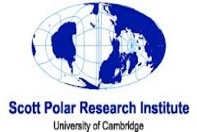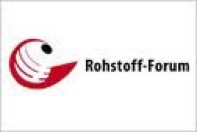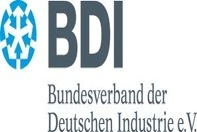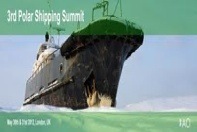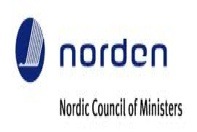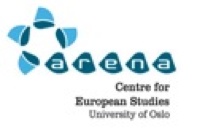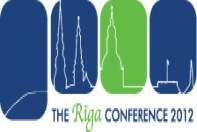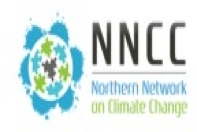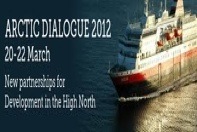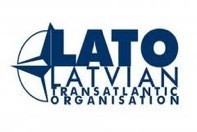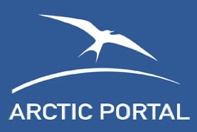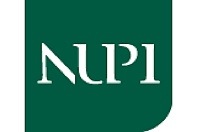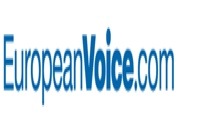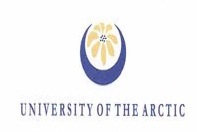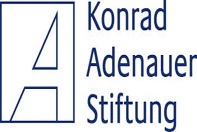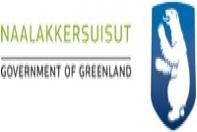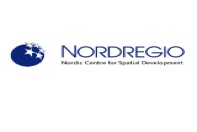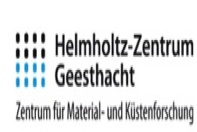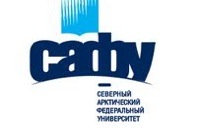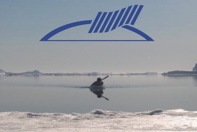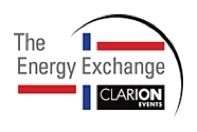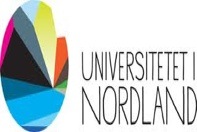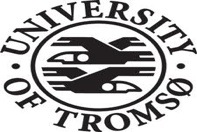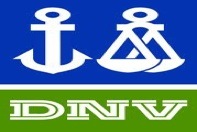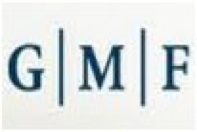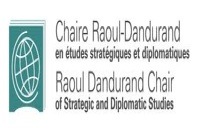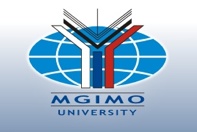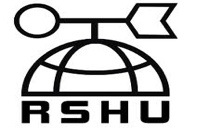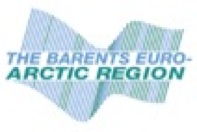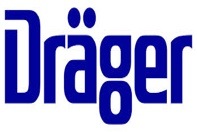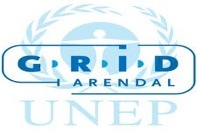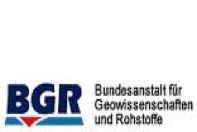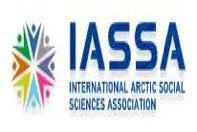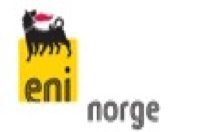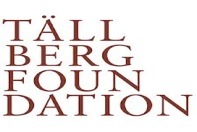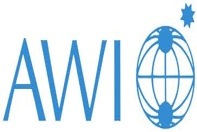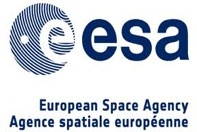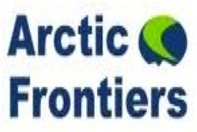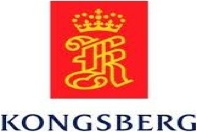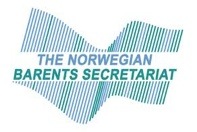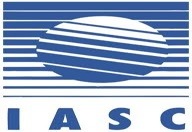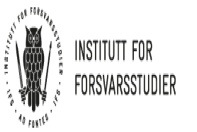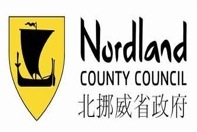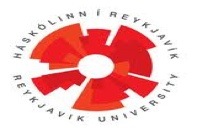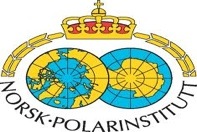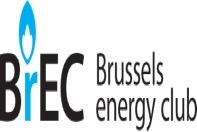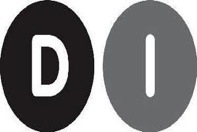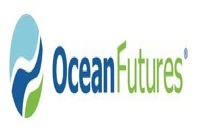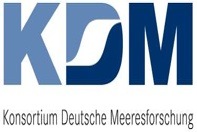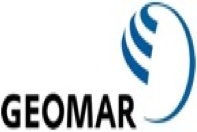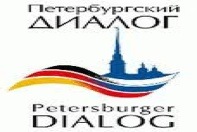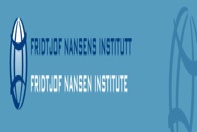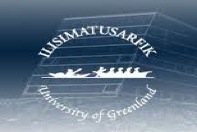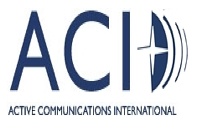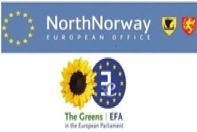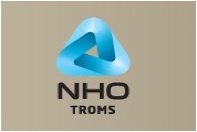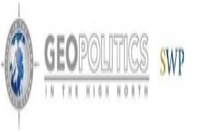The Seventh International Congress of Arctic Social Scientists (IASSA), June 22-26, 2011, Akureyri, Iceland
 If there was a place where Arctic social scientists from all over the world could get together, it would be the International Congress of Arctic Social Scientists (ICASS).
If there was a place where Arctic social scientists from all over the world could get together, it would be the International Congress of Arctic Social Scientists (ICASS).
Organized every three years by International Arctic Social Sciences Association (IASSA), the event is a major forum for ideas exchange and presentation of Arctic-related research projects. This year the Congress took place in Akureyri, Northern Iceland, and was attended by a record number of 450 young and senior Arctic researchers. This is a clear indication of Arctic’s growing global relevance, says IASSA president Joan Nymand Larsen. As an illustration she points to the list of Congress participants. Among traditionally highly active scholars from USA, Canada, Norway and Russia, one can find there the names of delegates from non-Arctic states, such as China, Japan, New Zealand, Argentina, Croatia.
The EU ARCTIC Forum, represented by junior researcher Iulian Romanyshyn, participated in a ‘political’ panel of the Congress which is regularly very well attended. In the case of this year’s ICASS it was not least because of recent political developments in the High North. At the ministerial meeting in Nuuk last May Arctic Council adopted a historical and long-awaited decision to endorse a first ever binding agreement among all 8 member states. Furthermore, in the beginning of June Russia and Norway, following the bilateral deal on continental shelf delimitation in the Barents Sea in September 2010, exchanged notes of ratification. Norway’s foreign minister Jonas Gahr Støre promised to start oil and gas exploration activities in a formerly disputed immediately on a first day after treaty would go into force.
Thus, being exposed to a number of breakthrough events participants of the panel on the future of Arctic governance were eager to engage into fruitful discussion. Varying issues dominated debates were narrowed down to the question of what mechanisms must be in place in order to secure the interests of non-Arctic states while acknowledging the legitimate concerns of Arctic coastal countries. It was admitted that the current system of Arctic governance is at the hub of transformation and its final shape is yet to be defined. The Arctic Council, main governmental forum for circumpolar cooperation, seems to be captured between two different trends.
On the one hand, growing institutionalization of the Arctic Council became evident. The first ever binding agreement on search-and-rescue may become a model for future cooperation among the circumpolar nations, e.g. in negotiations on a joint action in the case of oil spill or other environmental disasters caused by increasing shipping and hydrocarbon activities in the region. On the other hand, putting the Council on a more formal grounds will unlikely to stop greater Arctic powers from experiments within the club. Informal meetings in ‘A5’ or even ‘A3’ format (Canada, Norway, Russia) for discussions on politically sensitive issues will, most probably, continue.
What are the implications of these uncertain processes for the EU. In Nuuk it was  agreed to postpone a key decision on acceptance of new observers until the next ministerial meeting, albeit criteria for such a decision were adopted. As it was expected by many, such criteria rather lack specific benchmarks and leave a large room for maneuver for Arctic states. What does it mean in practice for the candidate state to “recognize Arctic States’ sovereignty, sovereign rights and jurisdiction in the Arctic”? Should be this interpreted as a mere need for a political declaration? Or should one read it, for example, as a demand to non-Arctic states to give up on the principles of freedom of navigation and innocent passage if they were to be admitted into the club?
agreed to postpone a key decision on acceptance of new observers until the next ministerial meeting, albeit criteria for such a decision were adopted. As it was expected by many, such criteria rather lack specific benchmarks and leave a large room for maneuver for Arctic states. What does it mean in practice for the candidate state to “recognize Arctic States’ sovereignty, sovereign rights and jurisdiction in the Arctic”? Should be this interpreted as a mere need for a political declaration? Or should one read it, for example, as a demand to non-Arctic states to give up on the principles of freedom of navigation and innocent passage if they were to be admitted into the club?
At the end of the day, the EU can abandon seeking the observer status in the Arctic Council and focus on the fora, where actual decision-making is taking place, for example, the IMO. Alternatively, the EU may initiate an informal club of non-Arctic parties channeling their voices to the Arctic Council. One way or another, the EU will need to remain engaged in the Arctic diplomacy and keep the region high on its agenda if it does not want to find itself sidelined in the emerging system of Arctic governance.
For further information: http://iassa.org/


